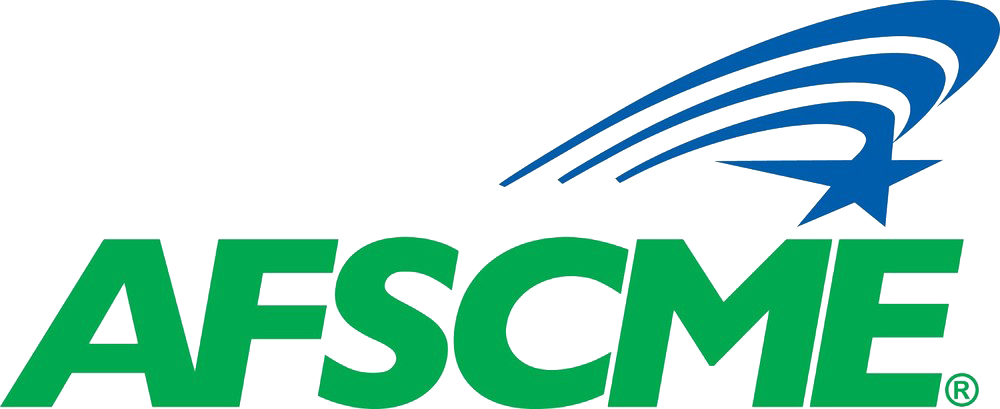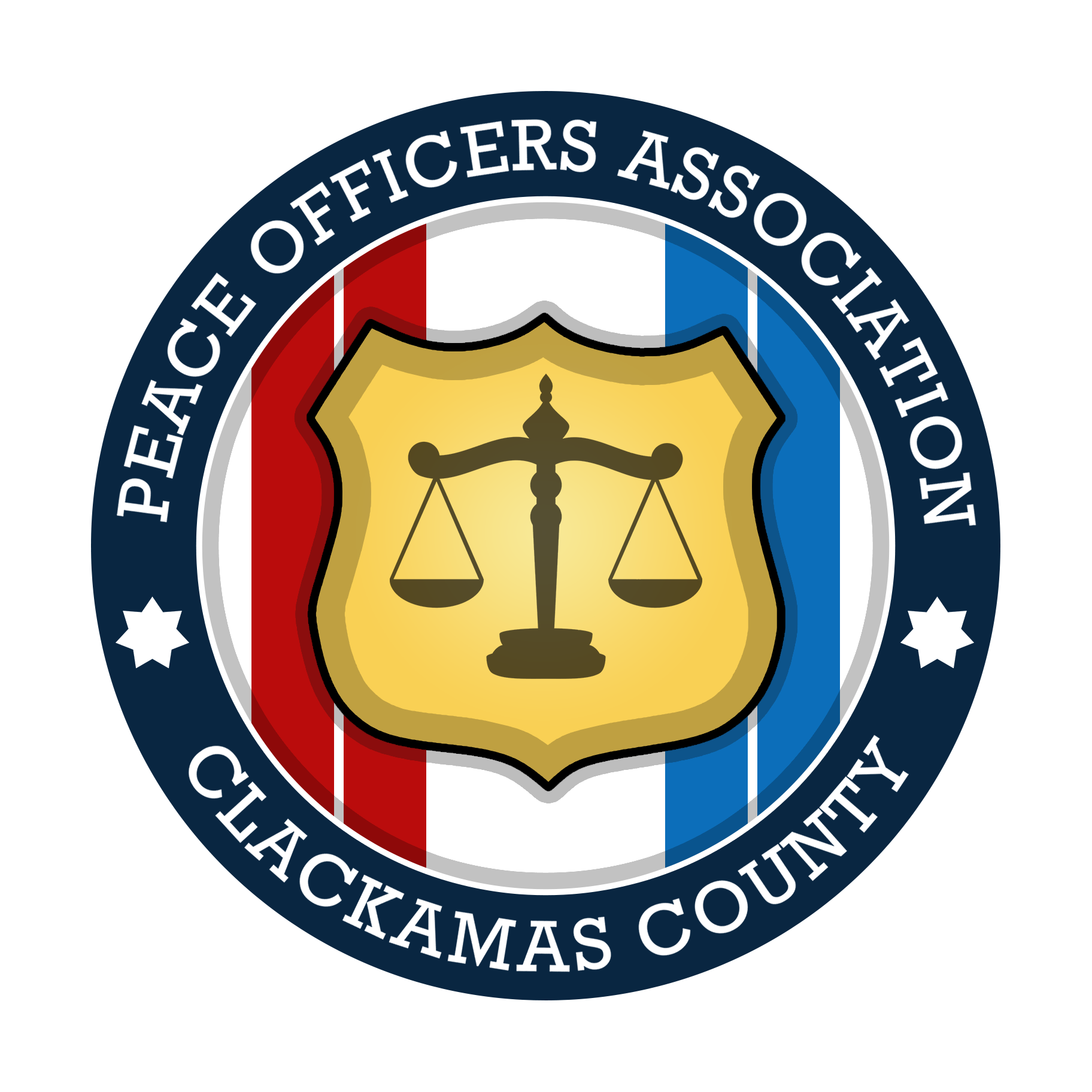Clackamas County's nonmanagement employees are represented by eight collective bargaining units. These include the Peace Officers Association (CCPOA) for the Sheriff's Office, Federation of Parole & Probation Officers (FOPPO) in Community Corrections, three units with the American Federation of State, County & Municipal Employees (AFSCME) for 9-1-1 Communications (CCOM), Transportation & Development (DTD) and Water Environment Services (WES) and three units with the Clackamas County Employees Association (CCEA) for all other departments.

American Federation of State County and Municipal Employees (AFSCME)
CCOM - Central Communications 9-1-1
- Kayla Brenner, Union President
KBrenner@clackamas.us
503-655-8211
DTD/BCS - Department of Transportation and Development/Business and Community Services
- Brandon Paullin, Union President
mailto:bpaullin@clackamas.us
503-867-6016 - Ron Dethloff, Vice President
rdethloff@clackamas.us
503-650-3204
WES - Water Environment Services
- Patrick Clasen, Union President
pclasen@clackamas.us
503-557-2818

Clackamas County Employees Association (CCEA)
Housing Authority of Clackamas County Employee Association (EAHA)
Employee Association Part-Time/Temporary (EAT)
- Alex Gonzalez, CCEA President
eapresident@ccea.us
971-271-3689 - Cari Vandecoevering, Vice President
carivan@clackamas.us
503-680-7571 - Don Miller, CCEA Service Representative
dmiller@ccea.us
503-855-7784

Federation of Probation and Parole Officers (FOPPO)
Federation of Probation and Parole Officers
- Erin Loftis, Union President
eloftis@clackamas.us
Clackamas County Peace Officers Association (CCPOA)
- Ben Wiley, Union President
president@clackamaspoa.com
Memorandum of Agreement (MOA)
All employees are either "represented" (within a collective bargaining group) or "non-represented" (within a management group).
Non-represented employees can be categorized into one of the following groups: supervisory status, confidential and/or an employee under employment contract with the County Administrator. All other employees are part of a collective bargaining group (union).
Membership in a union is voluntary. If you are a member of a bargaining unit, many of the policies and procedures surrounding your employment are outlined in your current collective bargaining agreement. If an issue is not addressed within your collective bargaining agreement, Chapter 2.05 of the County Code or other employment policies and practices shall apply.
 Translate
Translate







